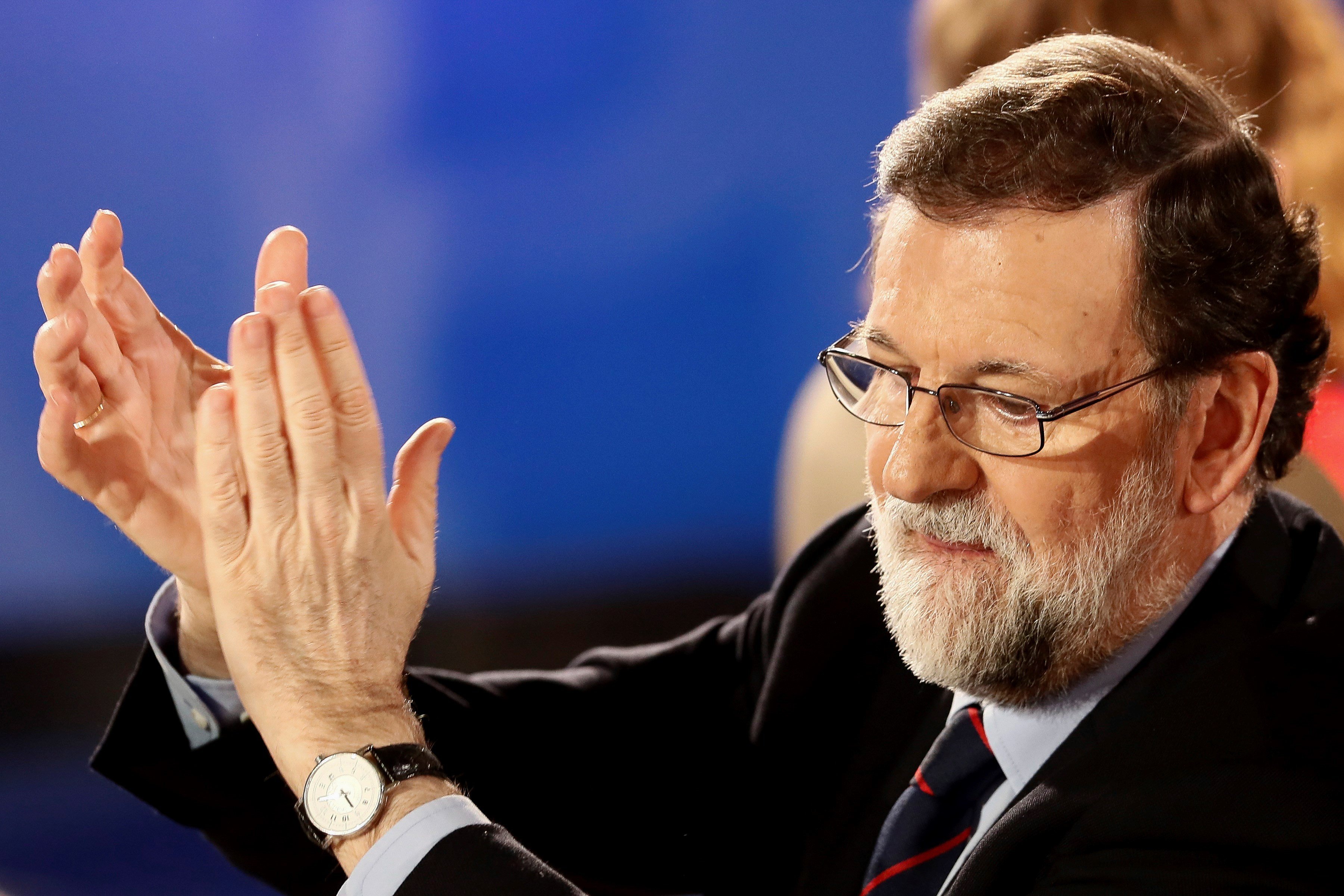Mariano Rajoy isn't changing course and will present an appeal of unconstitutionality to Spain's Constitutional Court, asking for the immediate suspension of Carles Puigdemont's candidacy for investiture as president of Catalonia. His cabinet has today given him the green light, ignoring yesterday's verdict from the Council of State, which admitted that there is no "basis for the challenge". The government, however, insists on the facts that Puigdemont is not in Spanish territory and has open legal cases against him, which the advisory body said couldn't be used as an arguments.
"This government's duty is to defend Spain and the rule of law, to defend the Constitution and statutory law. Maximum respect to the Council of State, but this government has sufficient arguments to go ahead [with the appeal]. The [Council of State's] decision isn't binding, given that the ruling is advisory", said Santamaría in a press conference at the Moncloa government palace. As such, Rajoy will go against the senior advisory body's position, a body he had trusted in each and every one of the decisions and appeals of recent months against the independence process.
The executive wants to avoid, by any means possible, the image of someone being invested president who is looking to carry out "a new affront to democracy", as Rajoy's deputy put it, as a candidate "who has fled". "It's someone who is looking to illegitimately put themselves at the head of the government of an autonomous community when accused of the crimes of rebellion, sedition, misuse of funds, very serious crimes against the democracy itself and the state's institutions. These circumstances mean he cannot stand," said Santamaría.
The Moncloa's second argument is that the independence movement would "take off" if the debate is held on Tuesday with Puigdemont as candidate. Asked by El Nacional whether the move might not aggravate the crisis, Santamaría replied that "respect for the law" was "the start of normality" and that the executive has to safeguard the rights of "all Catalans", including those who oppose independence. All this, despite the law having allowed Puigdemont to stand in the election and despite the Council of State advising against the appeal.
The Constitutional Court will now have to decide whether to admit the appeal for consideration. Doing so would automatically suspend Puigdemont from being a candidate for investiture. They have refused to consider government appeals of unconstitutionality before, like José María Aznar's against the so-called "Ibarretxe plan", a proposed reform the Basque Country's Statute of Autonomy. The executive feels "obliged" to face this risk, they say, because the "greater evil" would be to see an attempt to invest Puigdemont. "His first obligation is to make himself available to the justice system", said the spokesperson. But the government's "legal and political commitment is to avoid" his investiture, they said, without explaining what would lead them to believe the court might react differently to the council.
Directing herself to the Parliament's speaker, Roger Torrent, the deputy prime minister said that "there were more than 100 candidates" who wouldn't cause legal problems. If a different candidate is nominated, they want it to be none of those who have "fled" to Belgium, nor was Santamaría happy with the option of Oriol Junqueras, the imprisoned vice-president. "It has to be someone with requirements and guarantees" to be president.
The Constitutional Court still hasn't met, but could do so in the coming hours. They will only not admit the appeal for consideration if there is some problem of form, which is unlikely to happen. Central government sources explain that the opposition PSOE support Rajoy and they have also received public support from Ciudadanos via leader Albert Rivera.

